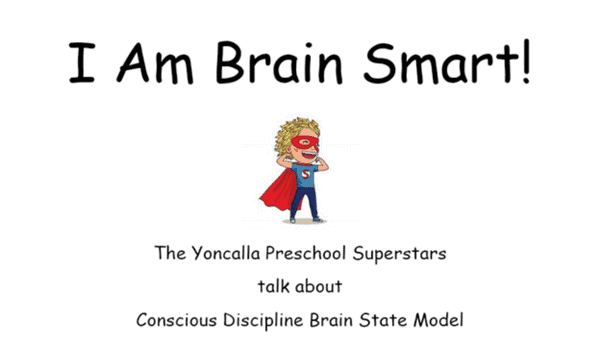
Our system in Yoncalla wasn’t designed to teach children and adults skills in self-regulation, self-reflection, empathy, and problem-solving. Children were acting out physically instead of verbalizing needs or feelings and experienced high rates of punishment. Teachers and administration identified ongoing behavioral problems as a barrier to overall academic growth.
Change Idea:
We taught children the strategies of self-soothing, breathing, and calming their bodies as part of Conscious Discipline. We learned to focus on the function of behavior and ask why.
We hoped that students would learn skills to be more successful in the classroom, eventually contributing to student academic outcomes.
Initially, staff and parents were reluctant to adopt, as it required the adults to be self-reflective and understand how their own biases and beliefs may contribute to children’s lack of success. We partnered with Douglas ESD and the Ford Family Foundation to provide trainings, and in time, teaching staff began to report decreased high-needs behaviors, and students began to show incremental academic success.
Teaching staff began to approach behavioral issues differently. They began seeking root causes and thinking of preventative approaches to misbehavior. The key to changing behavioral issues in the classroom is to work closely with the adults to understand their own biases and triggers. Developing a self-reflective practice and network of colleagues with similar understandings and beliefs about children and families is key to changing practices.
Status of the Change Idea: Adapted, Adopted, or Abandoned?
We continue to adapt the conscious discipline framework to meet the needs of the community and classroom.
Wiring the Brain for Success – Dr. Becky Bailey
The Deepest Well: Healing the Long-Term Effects of Childhood Trauma and Adversity – Nadine Burke Harris, M.D.
Social & Emotional Development in Early Childhood – Dr. Bruce D. Perry
The Whole-Brain Child – Daniel Seigel and Tina Payne Bryson
